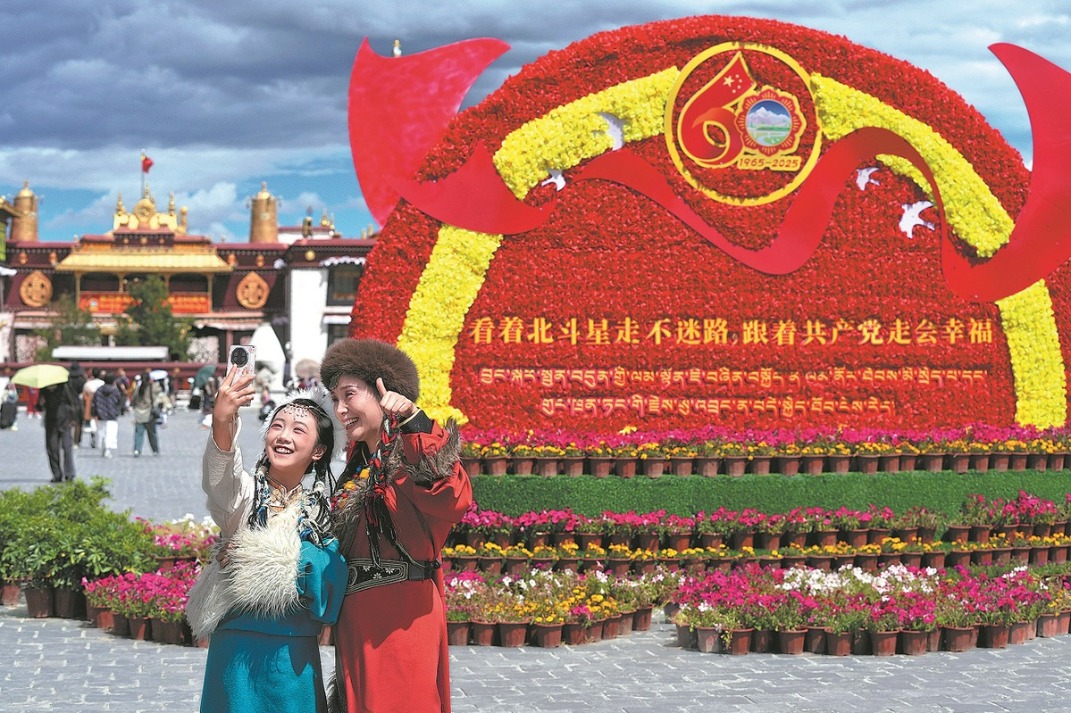Poster war marks new divide in society's elites

Lau Nai-keung points out the slogan battle on HK university campuses shows a Putonghua-speaking elite community from the mainland is forming
Posters with slogans such as "Fight for our homeland, fight for Hong Kong independence" started to appear on "democracy walls" - the message boards managed by student unions of universities - last week.
It started at the Chinese University of Hong Kong. The university staff removed the contentious materials but they reappeared the following day, and spread to five other tertiary institutions.
The controversy escalated into open confrontation between Hong Kong and mainland students on Thursday evening with the two groups competing for space to paste posters expressing opposing viewpoints on the idea of the city breaking away from China. Scattered quarrels broke out when Hong Kong students tried to stop several mainland students from putting up such posters on top of those advocating independence, arguing it went against the principle of freedom of speech.
I applaud CUHK's first response in removing the posters and was appalled by its Pro-Vice-Chancellor Dennis Ng Kee-pui's subsequent promise to retract a letter issued on Tuesday, demanding the removal of such messages at the pleasure of the student unions.

This column has long observed and documented the lack of spine in our city's establishment. People like Ng are in positions of authority. Their decisions matter. If Ng can allow pro-independence slogans on "democracy walls", I don't see any reason why he would not allow pro-independence materials in lecture theaters.
The same logic will also apply to primary and secondary schools, bearing in mind that many of the university students who are pro-independence will be tomorrow's school teachers.
I would like to point readers to a more subtle observation that is seldom noted by pundits, which is the new divide in our society between the next generation's Cantonese-speaking elite and Putonghua-speaking elite.
In the past, the Putonghua-speaking elite as an important social group did not exist in Hong Kong. Immigrants in the past were in general less wealthy, less educated and were perceived as - and very often also deemed themselves to be - less worldly, sophisticated and cultured.
Therefore, our approach to immigrants was one of integration. They were eager, and we would help. They would learn Cantonese, albeit with an accent, and they would try to live the Hong Kong lifestyle, whatever that was.
Of course, there always have been immigrants from mainland who were wealthy and successful. But as the local culture was strong and was seen as preferable, most of these wealthy and successful mainland immigrants would still try to adopt a Hong Kong mindset and values.
I will not be surprised if some of these previous generations of mainland immigrants turn out to be pro-independence.
This "Hongkongness" became the glue of our society, integrating people with diverse roots from generation to generation.
This single integrating force has weakened in recent years. As immigrants from the mainland to Hong Kong have increased in number, affluence and influence, they no longer feel the need to gain "Hongkongness".
One pertinent example would be Charles Li Xiaojia, chief executive of stock-exchange operator Hong Kong Exchanges and Clearing and the highest paid among Hong Kong's financial regulators. I do not recall listening to him speaking in Cantonese.
Another more glaring example is the student from the Chinese mainland who was captured on video earlier this week tearing down posters at CUHK advocating Hong Kong independence. She has been called a heroine on mainland social media. In the video, she was seen telling local students she does not speak Cantonese, and then they communicated in English.
This scene of two Chinese communicating in English is troubling but remarkable. Language is a matter of identity and pride. Just as a French person who refuses to speak English may be able to speak it impeccably, the mainland woman might well have been making a stance when she refused to speak Cantonese with the local pro-independence students.
This brave woman is lucky to grow up here and now. The cashier at the convenience store near where I live does not have the same luxury of choice. In her mid-40s, she was obviously also a mainland immigrant. To obtain and keep her cashier job, she must speak her accented Cantonese and bear with locals who roll their eyes because of the accent.
When this new Putonghua-speaking elite is fully formed in Hong Kong, a big crash would come, leading to a new cycle of deeper integration - maybe around 2047.
(HK Edition 09/12/2017 page8)
Today's Top News
- Putin-Zelensky meeting not being planned, intense mutual attacks persist
- China, Japan, ROK urgently need an FTA
- From humanoids to parallel intelligence
- Shared wartime history unites nations, envoy says
- Mutual trust reaffirmed in visit
- 12 dead, 4 missing after bridge collapses in Qinghai






























